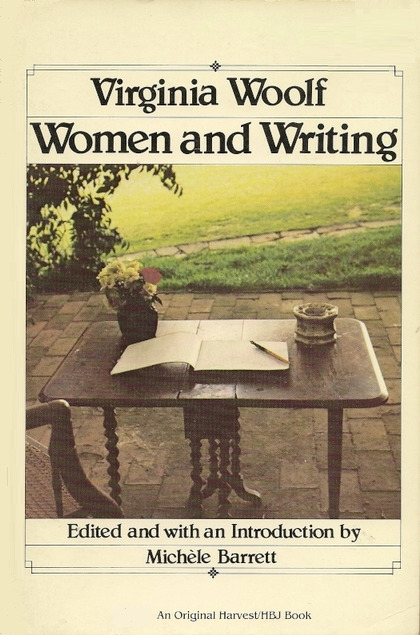What do you think?
Rate this book


198 pages, Hardcover
First published January 1, 1970
«Why (…) was there no continuous writing done by women before the eighteenth century? […] The extraordinary woman depends on the ordinary woman. It is only when we know what were the conditions of the average woman’s life (…) it is only when we can measure the way of life and the experience of life made possible to the ordinary woman that we can account for the success or failure of the extraordinary woman as a writer.»